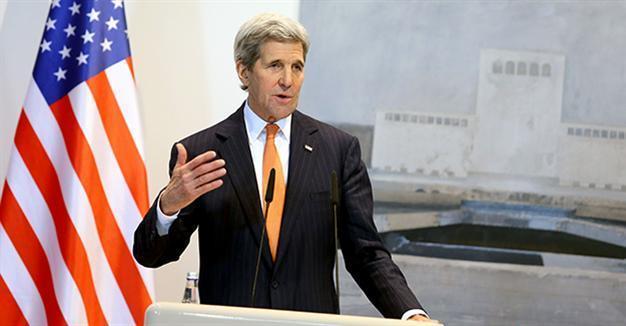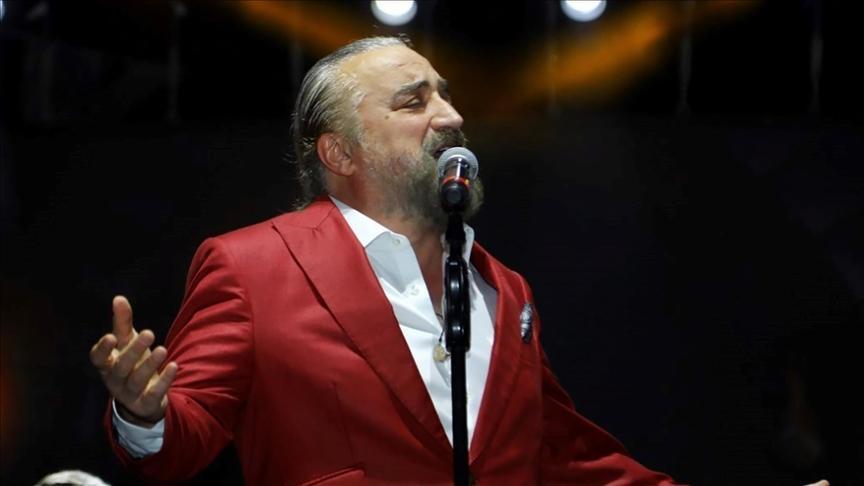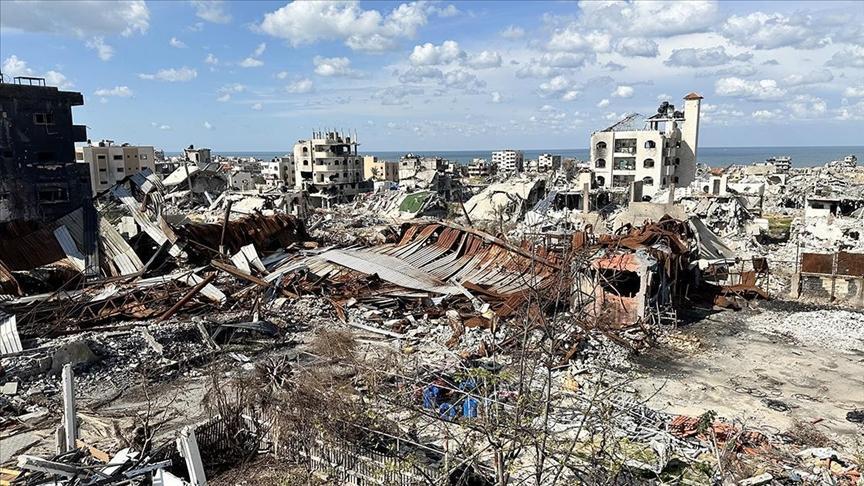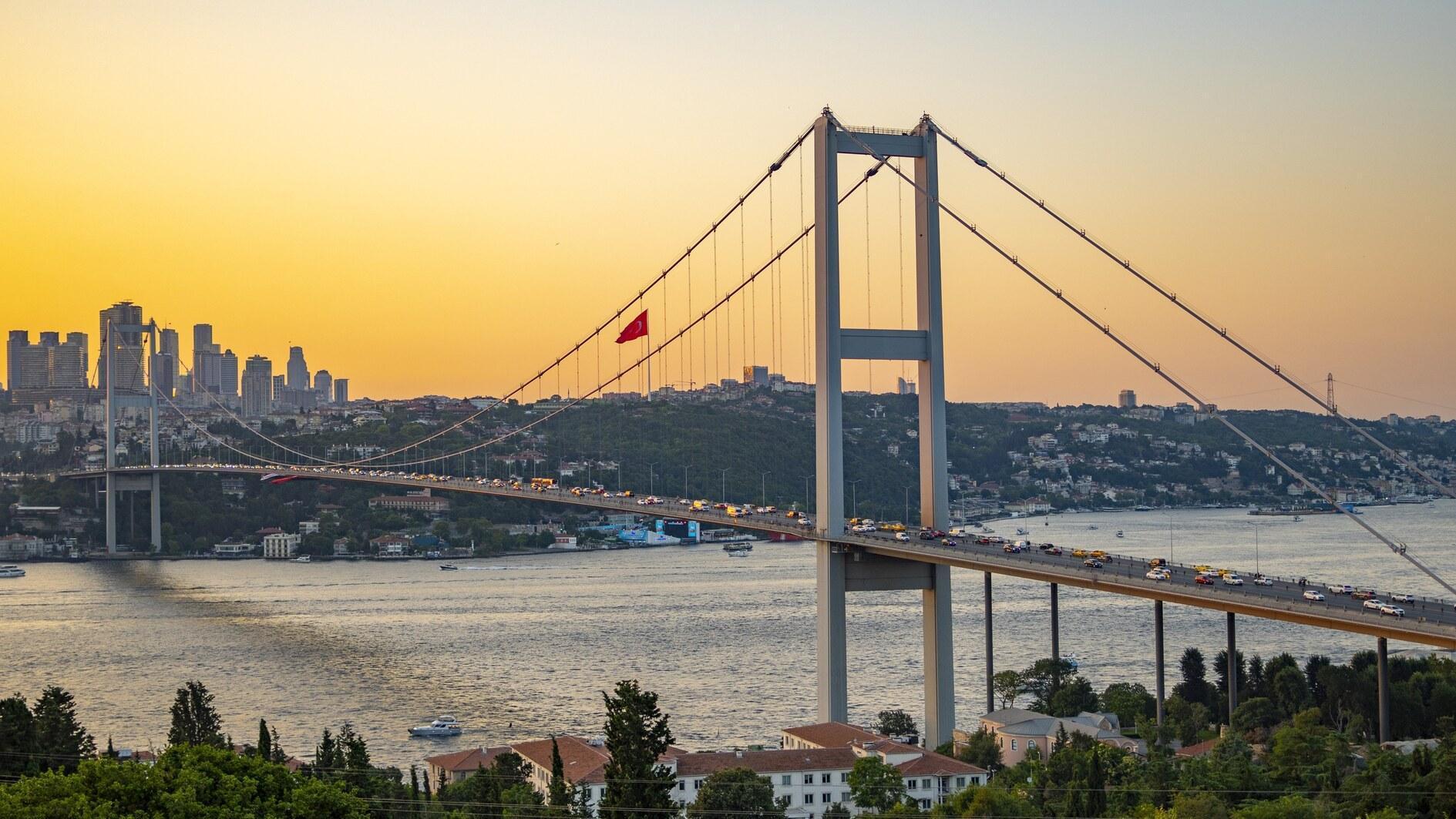‘Provisional agreement’ on terms of Syria ceasefire: Kerry
AMMAN

AFP Photo
U.S. Secretary of State John Kerry said Feb. 21 that a provisional agreement had been reached with Russia on the terms of a ceasefire in Syria.Kerry told reporters in the Jordanian capital Amman that he had spoken with Russian counterpart Sergei Lavrov again on Feb. 21 on the terms of a ceasefire agreed by world powers earlier this month.
“We have reached a provisional agreement, in principle, on the terms of the cessation of hostilities that could begin in the coming days,” Kerry was quoted as saying by AFP.
“It is not yet done and I anticipate that our presidents, President [Barack] Obama and President [Vladimir] Putin, may well speak somewhere in the next days or so in order to try to complete this task,” Kerry told a press conference with Jordanian counterpart Nasser Judeh.
Kerry’s remarks came one day after Syrian President Bashar al-Assad said he was conditionally ready for a ceasefire, under the condition that a number of countries, including Turkey, which he accused of “sending terrorists and weapons” into Syria, halt their support to insurgents. Damascus refers to all insurgents fighting against the Syrian army and its allies as terrorists.
“We have said that we are ready to stop military operations, but the issue relates to more important factors ... such as preventing terrorists from using it to improve their positions,” Assad told Spanish newspaper El Pais in an interview.
His comments were made as the Syrian opposition said it had agreed to the “possibility” of a temporary truce, provided there were guarantees Damascus’s allies, including Russia, would cease fire, sieges were lifted and aid deliveries were allowed country-wide.
Hopes for ceasefire, which had been due to take hold on Feb. 19, had floundered as fresh violence shook Syria last week.
The Russian Foreign Ministry confirmed Lavrov and Kerry had spoken about conditions for a ceasefire in Syria on the telephone on Feb. 21. It said discussions were on ceasefire conditions, which would exclude operations against organizations “recognized as terrorist by UN Security Council.”
In Amman, Kerry said the two sides are “filling out the details,” and he was optimistic that a ceasefire could still be implemented; noting that U.N.-backed aid deliveries had reached besieged Syrians last week.
“We are in fact making progress even as a I stand here today. There is aid now getting through, the modalities for a cessation of hostilities are now being completed,” he said. “We are closer to a ceasefire today than we have been.”
Noting that a U.S.-led coalition had carried out more than 10,000 air strikes against the Islamic State of Iraq and the Levant (ISIL) in Syria and Iraq, Kerry said: “We are determined that we will win this fight.”
“The coalition is planning further actions even as we speak,” he said, without providing details.
Kerry highlighted coalition member Jordan’s contribution, saying the country would receive $1.6 billion in U.S. assistance “that will enhance border security, create economic growth and create jobs for Jordanian people.”
“As part of this assistance Jordan received $450 million in foreign military financing this year, making it the third-largest recipient in the world,” Kerry said.
He said a political transition in Syria was crucial in the fight against ISIL and reiterated U.S. opposition to Assad staying in power.
“At the end of the day, nothing will do more to make the fight against Daesh effective than to put in place a political transition that finds a government responsive to the desperate needs of the Syrian people,” Kerry said, using an Arabic acronym for ISIL.
“And my friends that is a government that cannot possibly have Assad at its head.”
















